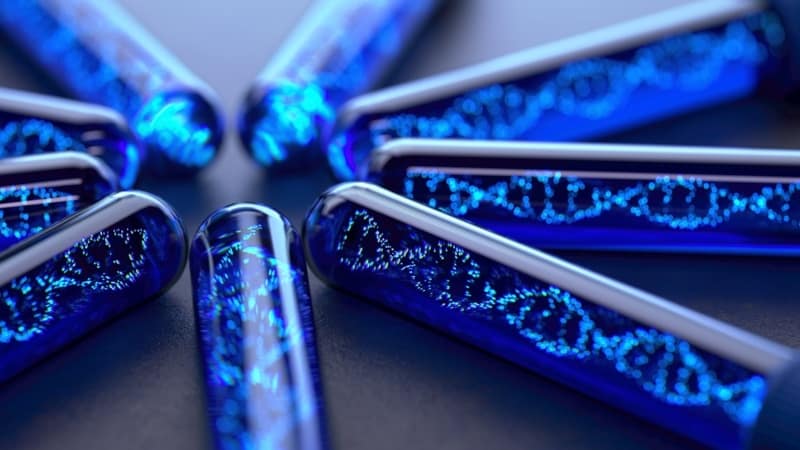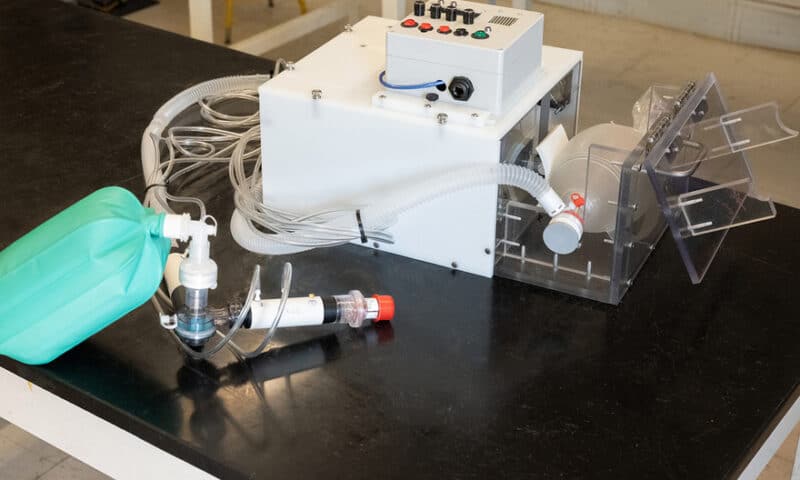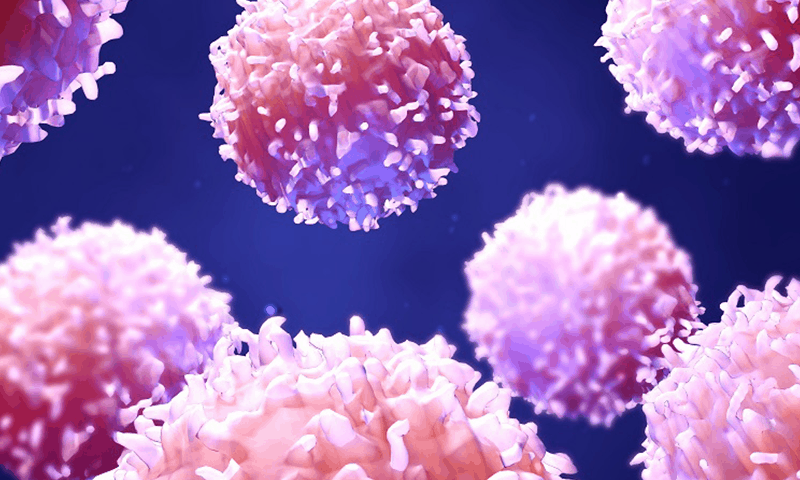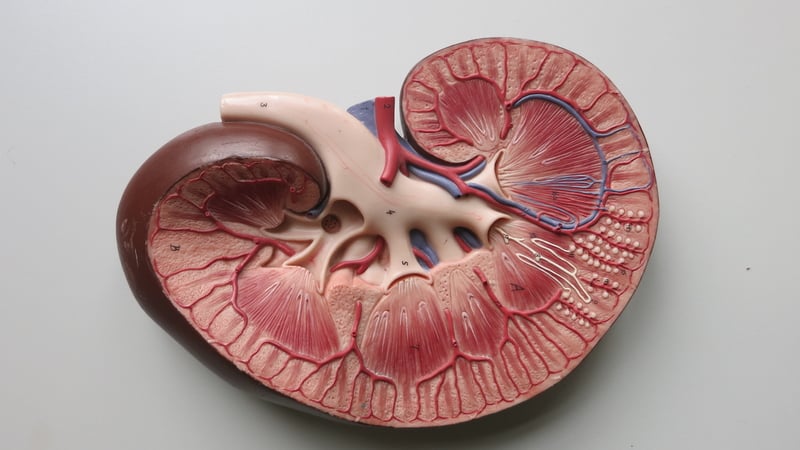Introduction
Adoptive cell transfer, in which a patient’s own immune defenses are boosted or rewired to kill cancer cells, is one of the most effective forms of personalized cancer care to ever reach patients. There are two types of adoptive cell transfer. In one type, immune cells called T cells are isolated, genetically modified, expanded, and returned to patients (e.g., CAR T cell therapy, TCR-modified T cell therapy). In the second type, the cells are expanded and infused back without genetic modification. The latter involves tumor-infiltrating lymphocytes or TILs – a naturally occurring, heterogeneous population of white blood cells that migrate into a tumor. TILs are known to be the most suitable immune cells to attack and destroy the cancer they homed in on.




















